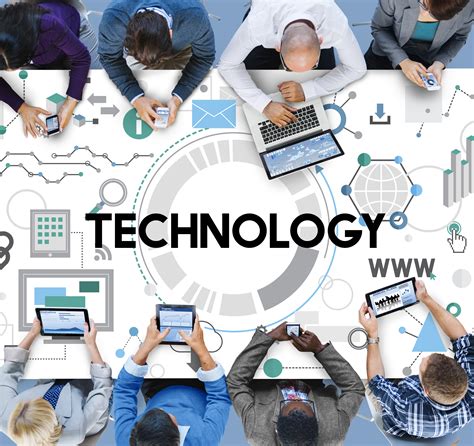The legal industry is undergoing a significant transformation, driven by the increasing adoption of technology. Legal tech, in particular, is revolutionizing the way law firms, lawyers, and legal professionals work, interact with clients, and provide services. From streamlining processes to enhancing client experiences, legal tech is having a profound impact on the industry.
The Rise of Legal Tech

The rise of legal tech can be attributed to several factors, including the increasing demand for efficiency, cost-effectiveness, and better client outcomes. As law firms and legal professionals seek to stay competitive, they are turning to technology to drive innovation and improvement. According to a report by the American Bar Association, the use of technology in law firms has increased significantly over the past few years, with 76% of law firms reporting the use of technology to improve efficiency and productivity.
1. Automation of Routine Tasks

One of the key ways in which legal tech is revolutionizing the industry is through the automation of routine tasks. Tasks such as document review, data entry, and research can be time-consuming and labor-intensive, taking away from the time that lawyers can spend on high-value tasks. By automating these tasks, law firms can free up more time for lawyers to focus on strategic and high-value work.
2. Enhanced Client Experience

Legal tech is also enhancing the client experience. With the use of client portals, online scheduling, and other tools, clients can now access their case information, communicate with their lawyers, and schedule appointments more easily. This increased transparency and accessibility can lead to higher client satisfaction and loyalty.
3. Improved Collaboration and Communication

Legal tech is also improving collaboration and communication among lawyers, clients, and other stakeholders. With the use of collaboration tools, such as Slack and Microsoft Teams, lawyers can now communicate more effectively with each other and with clients. This can lead to faster response times, improved outcomes, and increased client satisfaction.
4. Data-Driven Decision Making

Legal tech is also enabling data-driven decision making. With the use of data analytics tools, lawyers can now gain insights into case outcomes, client behavior, and market trends. This can help lawyers make more informed decisions, improve case outcomes, and increase client satisfaction.
5. Increased Efficiency and Productivity

Finally, legal tech is increasing efficiency and productivity in law firms. With the use of automation tools, lawyers can now focus on high-value tasks, such as strategy and advisory work. This can lead to increased revenue, improved client outcomes, and increased competitiveness.
The Future of Legal Tech

The future of legal tech is exciting and rapidly evolving. As law firms and legal professionals continue to adopt and invest in technology, we can expect to see even more innovation and improvement in the industry. From artificial intelligence to blockchain, the possibilities are endless, and the potential impact on the industry is significant.






What is legal tech?
+Legal tech refers to the use of technology in the legal industry to improve efficiency, productivity, and client outcomes.
How is legal tech changing the industry?
+Legal tech is changing the industry by automating routine tasks, enhancing client experience, improving collaboration and communication, enabling data-driven decision making, and increasing efficiency and productivity.
What are the benefits of using legal tech?
+The benefits of using legal tech include increased efficiency and productivity, improved client outcomes, and increased competitiveness.
We hope this article has provided you with a comprehensive understanding of the impact of legal tech on the industry. From automation to data-driven decision making, the possibilities are endless, and the potential impact is significant. As the industry continues to evolve, it's essential to stay up-to-date with the latest trends and innovations in legal tech.
